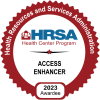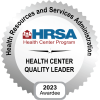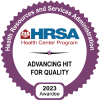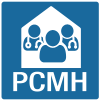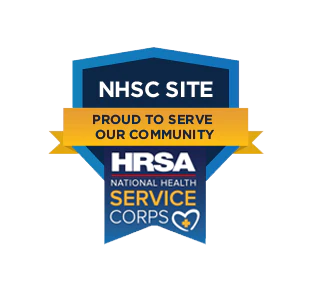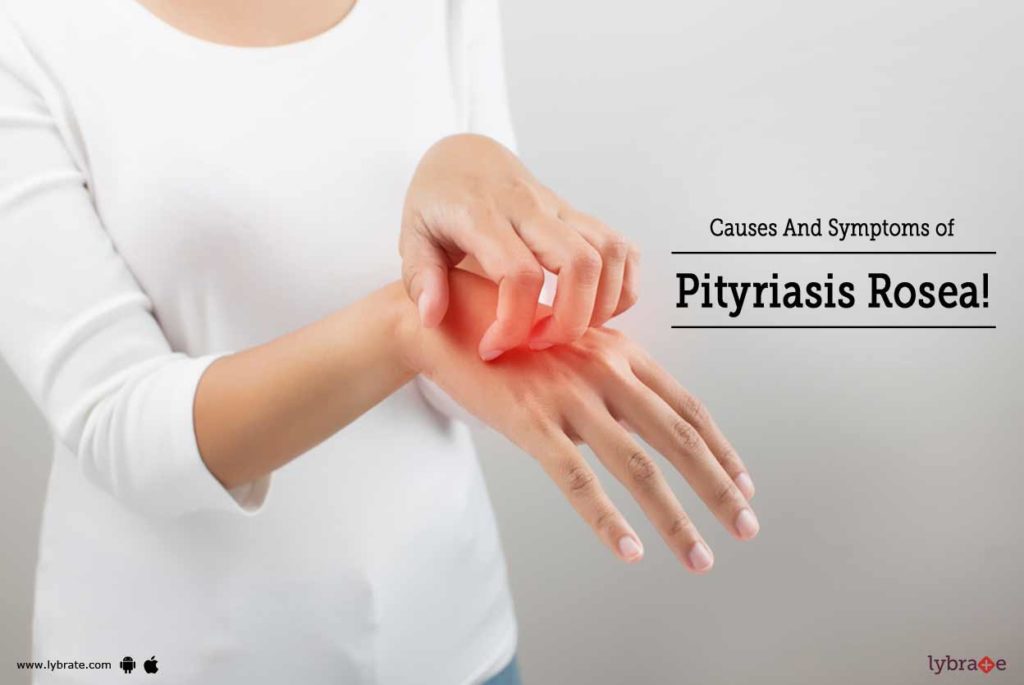
This post was written by Brittany Cruz, MSN, FNP-BC, APNP. Brittany is a Board-Certified Family Nurse Practitioner at the Beloit Area Community Health Center.
What is Pityriasis Rosea?
Pityriasis Rosea has shown up frequently in Rock County in recent weeks and as an inflammatory skin virus, its initial symptoms may surprise you.
Typically, those that get Pityriasis Rosea may initially feel like they are going to get a cold. Usually, a single scaly reddish to pink skin rash often appears an individuals’ back, neck or stomach. This single patch is called the herald path, which will have a distinguished raised scaly border and may itch badly. Smaller lesions may develop in the days or weeks that follows.
How is it spread?
Pityriasis is not contagious, meaning that the rash cannot be passed from person to person and the cause of the virus remains a mystery. The rash typically affects those between the ages of 10-35 years of age and affects men and women equally.
Pregnant women should receive immediate medical attention and be monitored closely if they develop symptoms. Pityriasis in pregnant women has been associated with miscarriages or low birth outcomes in children born to mothers with the virus.
Most people infected with Pityriasis Rosea will only have a single episode in their lifetime without any complications.
What to do if diagnosed
A healthcare provider can diagnose Pityriasis Rosea during a physical examination paying close attention to the herald patch and its characteristics. To rule out any other common skin conditions like eczema, psoriasis, or ring worm, your healthcare provider may take a skin sample or order bloodwork to rule out other common diagnoses.
Treatment for Pityriasis Rosea is usually not necessary as the rash normally clears up on its own within two weeks to three months. Over the counter hydrocortisone cream, calamine lotion, or antihistamines can help with the itching. A health care provider may order topical corticosteroids and/or antihistamines, or UV therapy. Avoid taking hot baths or becoming overheated as heat increases the intensity of the itching.
Contact your healthcare provider if the rash seems to get worse, is hot to the touch, or if a fever develops.






